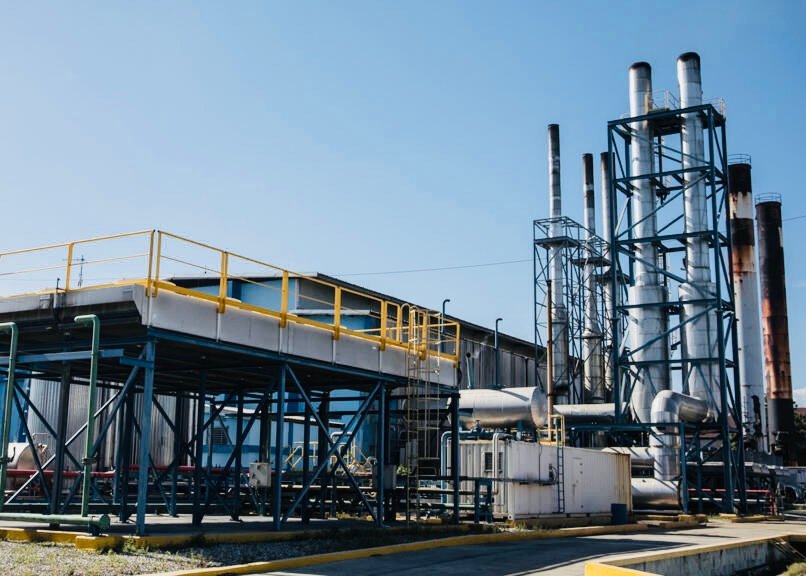Port-au-Prince — Residents of the capital and the metropolitan area will have to endure severe electricity rationing at least until the end of the year, according to multiple sources within the energy sector.
A Network Undermined by Insecurity and Sabotage
Since June 17, the Péligre hydroelectric plant, one of the country’s primary sources of power, has been offline. Residents of Mirebalais forced the shutdown in protest, demanding stronger security measures against the growing presence of gangs in the region. Shortly after, unidentified individuals sabotaged five high-voltage pylons (115,000 volts) belonging to the state utility Électricité d’Haïti (EDH), crippling power transmission to Port-au-Prince and surrounding areas.
Repairs Stalled for Months
Although the Ministry of Public Works announced nearly a month ago that site evaluations had begun in preparation for repairing the damaged pylons, little progress has been made.
“After more than two months of inaction, the situation has become alarming,” said Félix Pierre Michel, president of the EDH employees’ union. He urged Prime Minister Alix Didier Fils-Aimé and Transitional Council President Pro Tempore Laurent Saint-Cyr to make the crisis an urgent national priority.
Long Delays and Rising Costs
Available information suggests that repairs will be highly complex. The specialized equipment needed must be imported from abroad, a process expected to take roughly six months before work can even begin.
Insufficient Power Generation
In the meantime, private company E-Power continues to inject around 26 megawatts into the national grid. However, thermal power plants — already weakened by technical issues — remain unable to operate effectively due to chronic fuel shortages. For instance, the Carrefour 3 thermal plant requires nearly 18,000 gallons of fuel just to run for eight hours, a demand that cannot be met under current conditions.
An Energy Crisis with No Immediate Solution
Caught between sabotage, insecurity, and dependency on imported equipment and fuel, Haiti’s energy crisis continues to deepen. For millions of residents already accustomed to extended blackouts, the prospect of rationing until the end of the year confirms a grim reality: without strong political will and urgent investment, the country remains trapped in a cycle of scarcity and instability.













